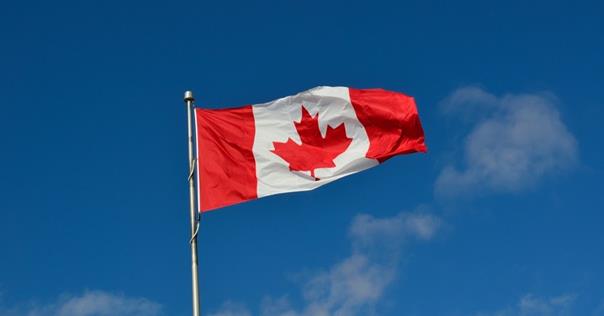The migrant crisis is principally a deep concern for Europe, with the United States increasingly affected. Canada now joins the list of nations involved in migration issues. The province of Quebec has just held elections, and the Parti Quebecois has been swept out of sight. The winner is the Coalition Avenir Quebec (CAQ), a populist party, which is the first time such a party has come to power in North America. Its election platform is a promise to reduce immigration and distance itself from the liberalism of Justin Trudeau in Ottawa.
The success of CAQ stems from the fear people have of the influx of illegal border-crossings—particularly Haitians coming into Quebec from the U.S. These are presumably illegals seeking to evade the hand of the Feds on their collars, now that Trump evidently means business. So Canada is the next stop. The US/Canada border is the longest and lightest in the world—it stars in two great films (“49th Parallel” and “The One That Got Away,” with its gripping final scene of the crossing of the St Lawrence river in winter), and will, I predict, attract the future interest of film-makers.?What is notable is the disappearance of the great Quebecois cause of the past, independence. In November 1976 Rene Levesque’s Parti Quebecois won power in Quebec, and in the next 10 days the Canadian dollar lost 10 percent. Canadians simply drove over the border and deposited their dollars in the first US bank they came to. But now the only game in town is immigration. And as so often, the big national movements are signaled through provincial elections (Bavaria).
We have moved on a long way from De Gaulle’s balcony call “Vive le Quebec libre!”, for which he was expelled by Pierre Trudeau. There are ?issues on which solidarity against a trans-national threat is more important than independence.



Leave a Reply